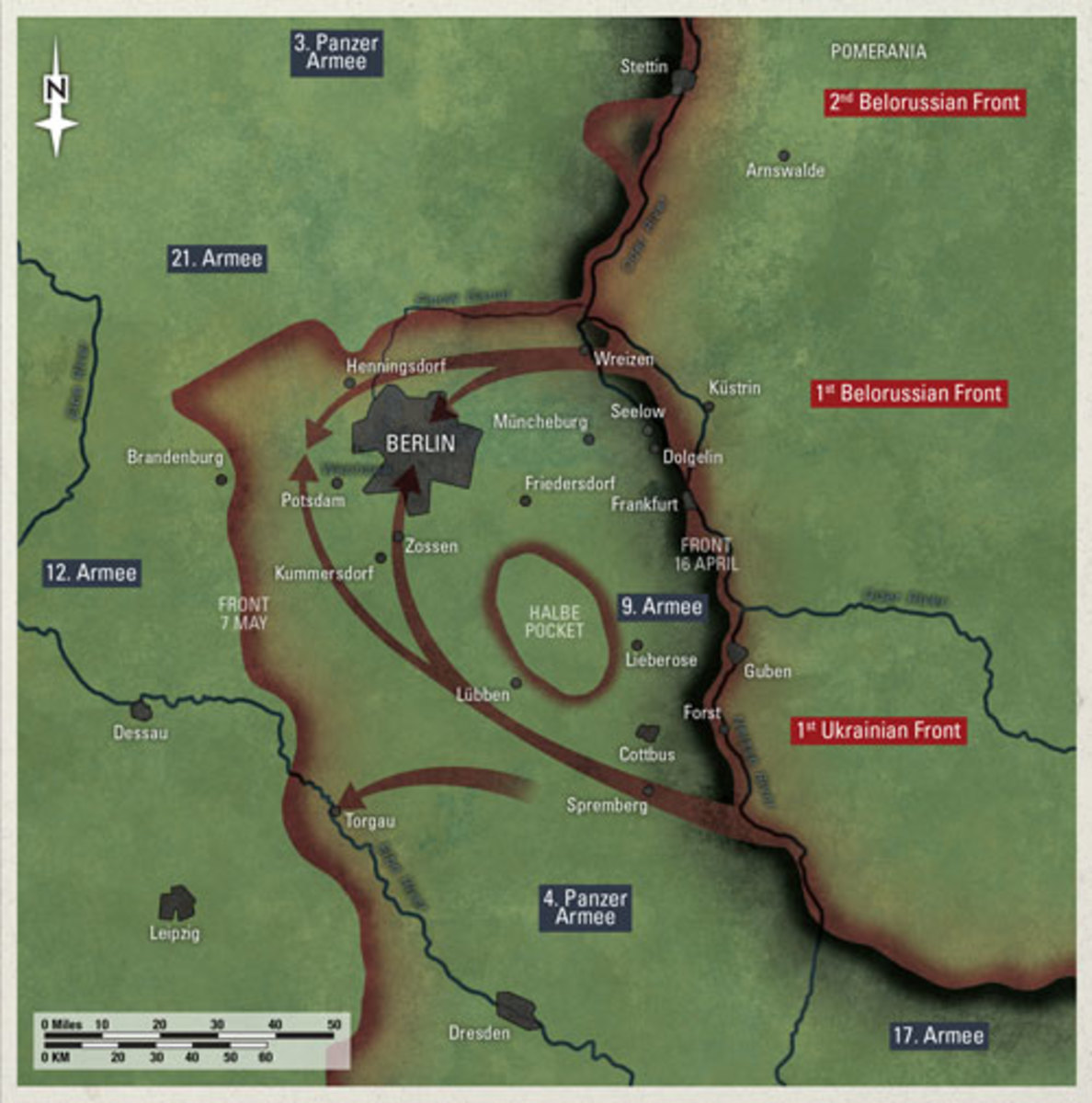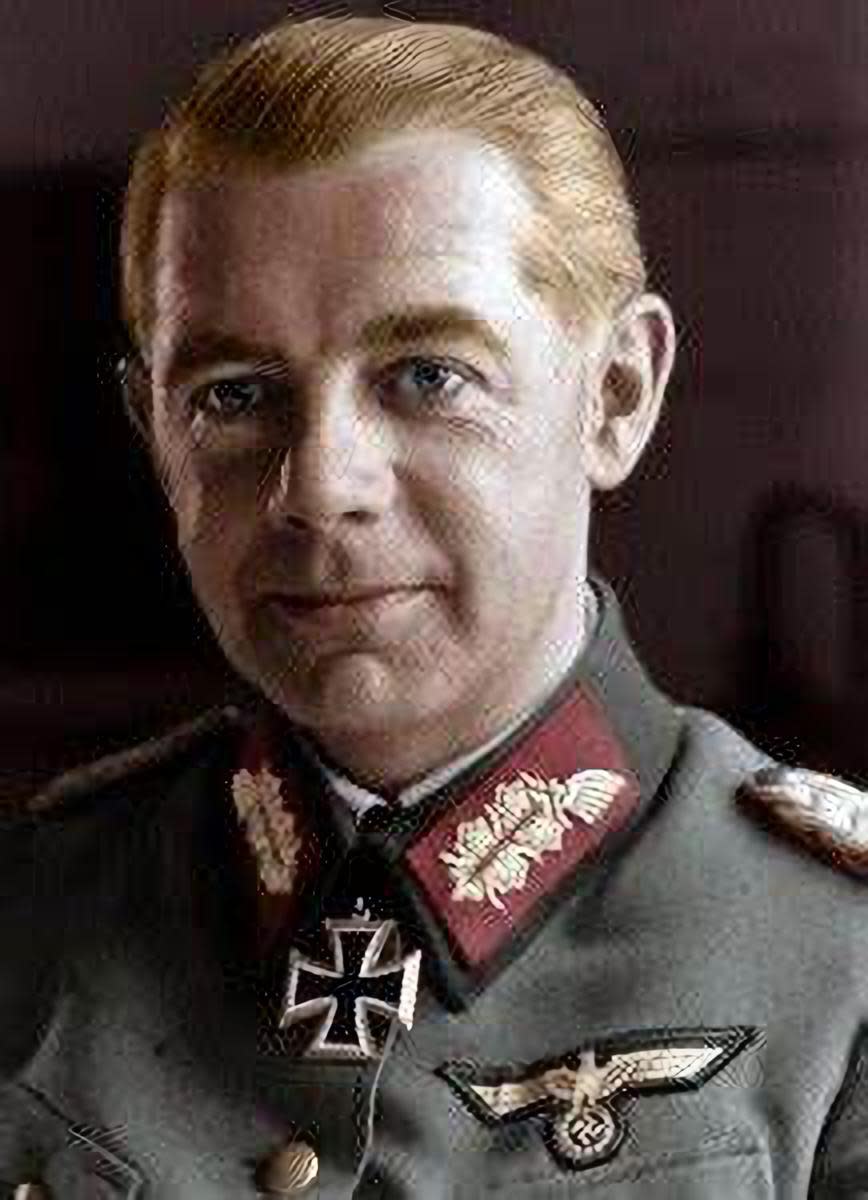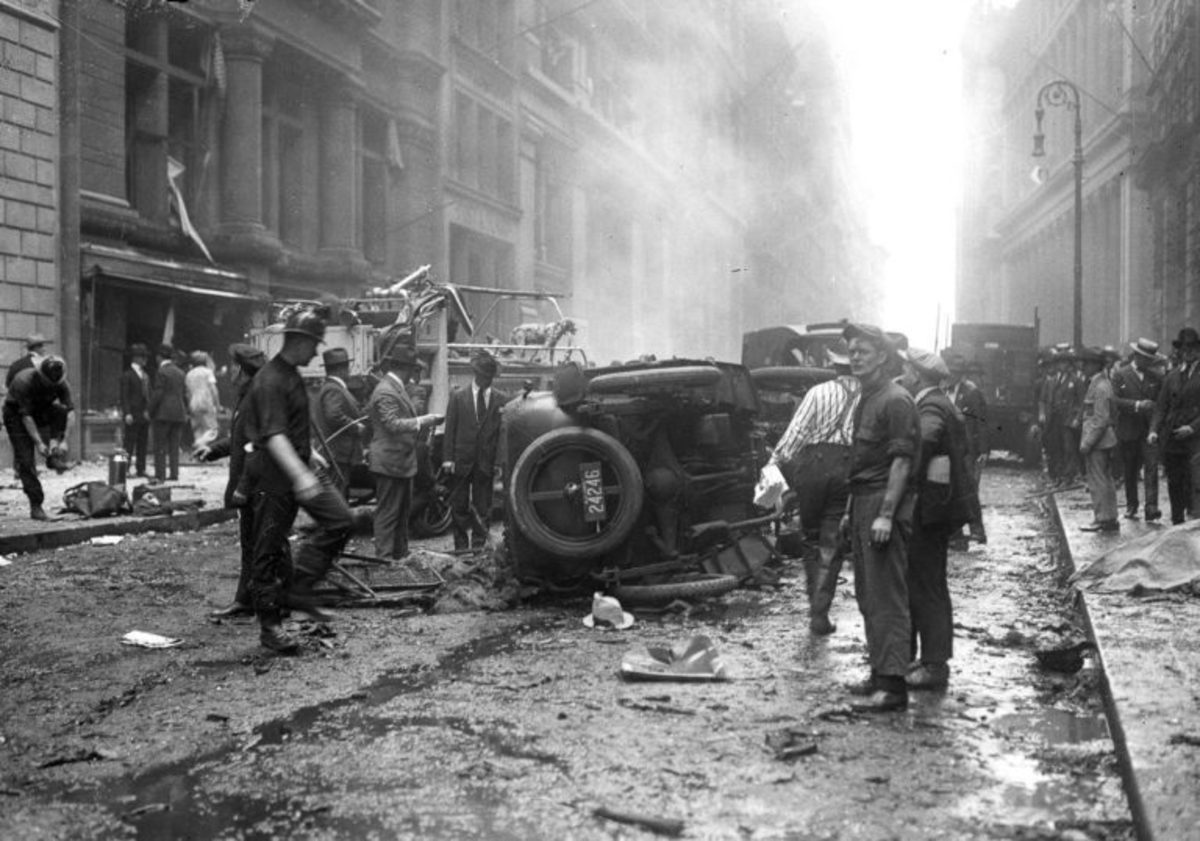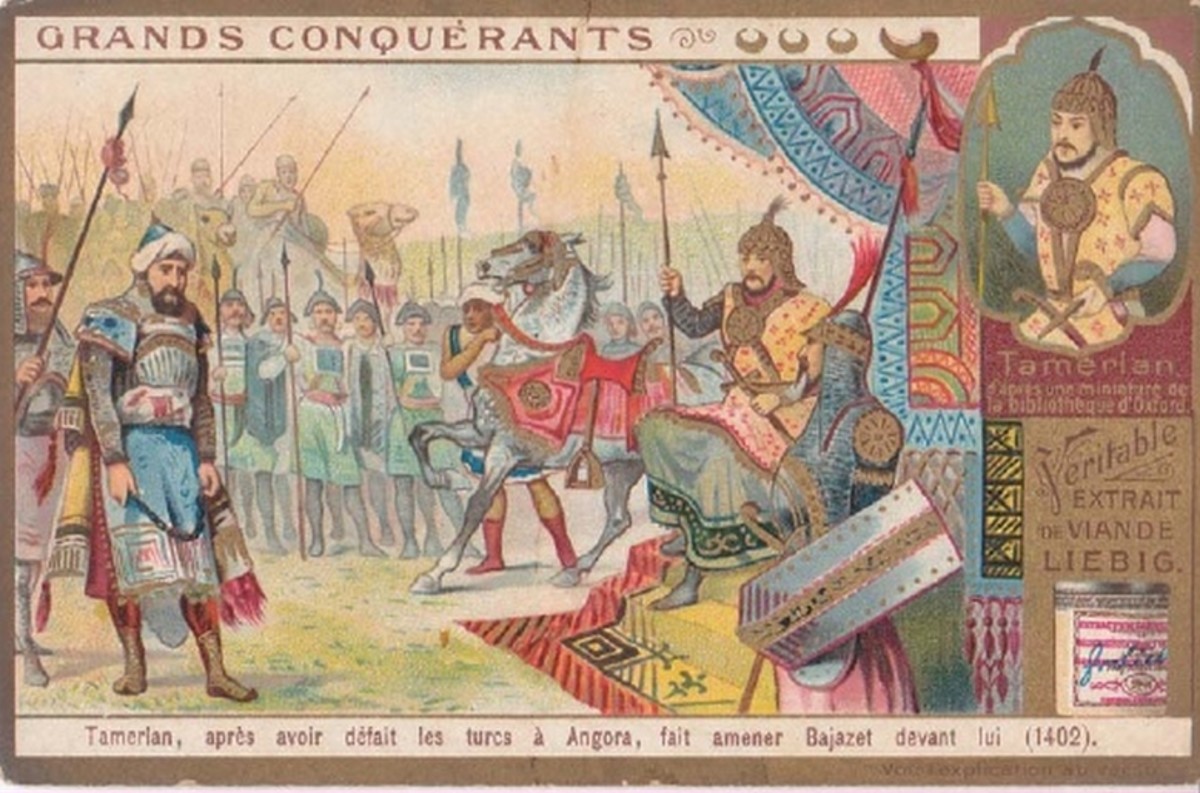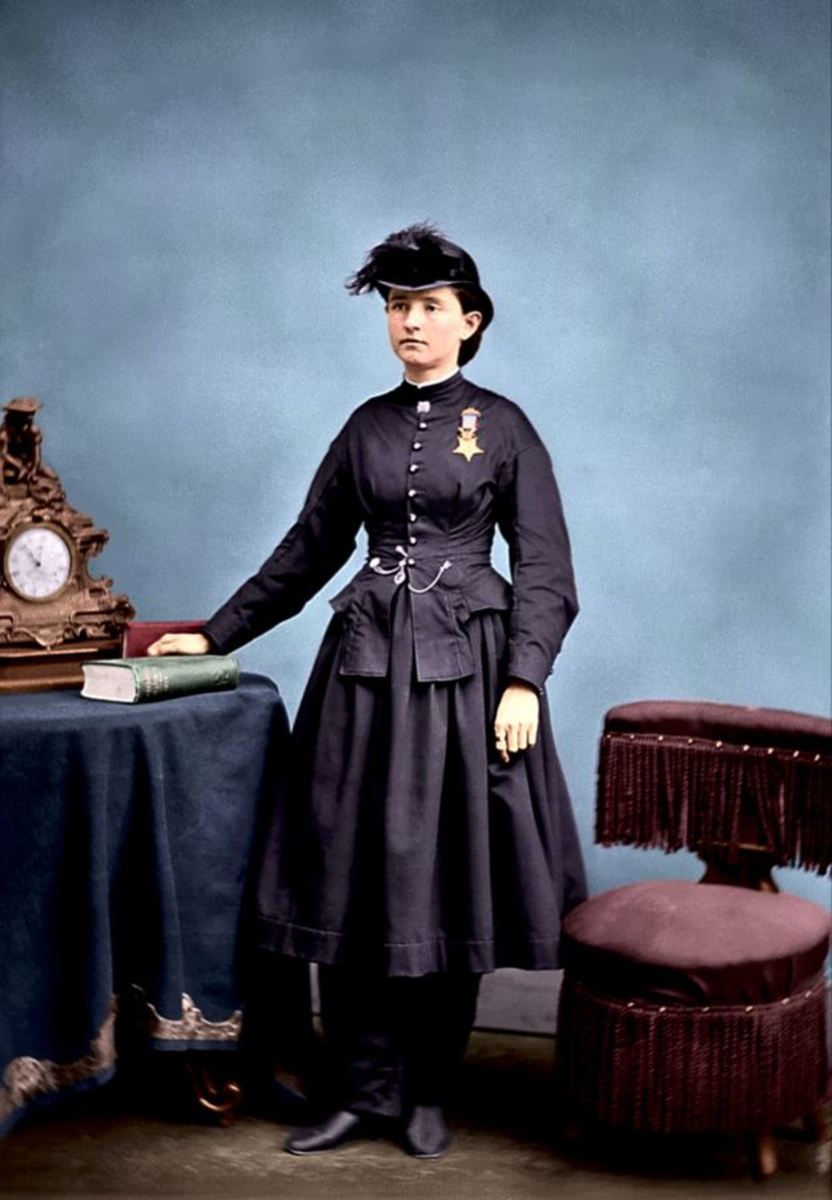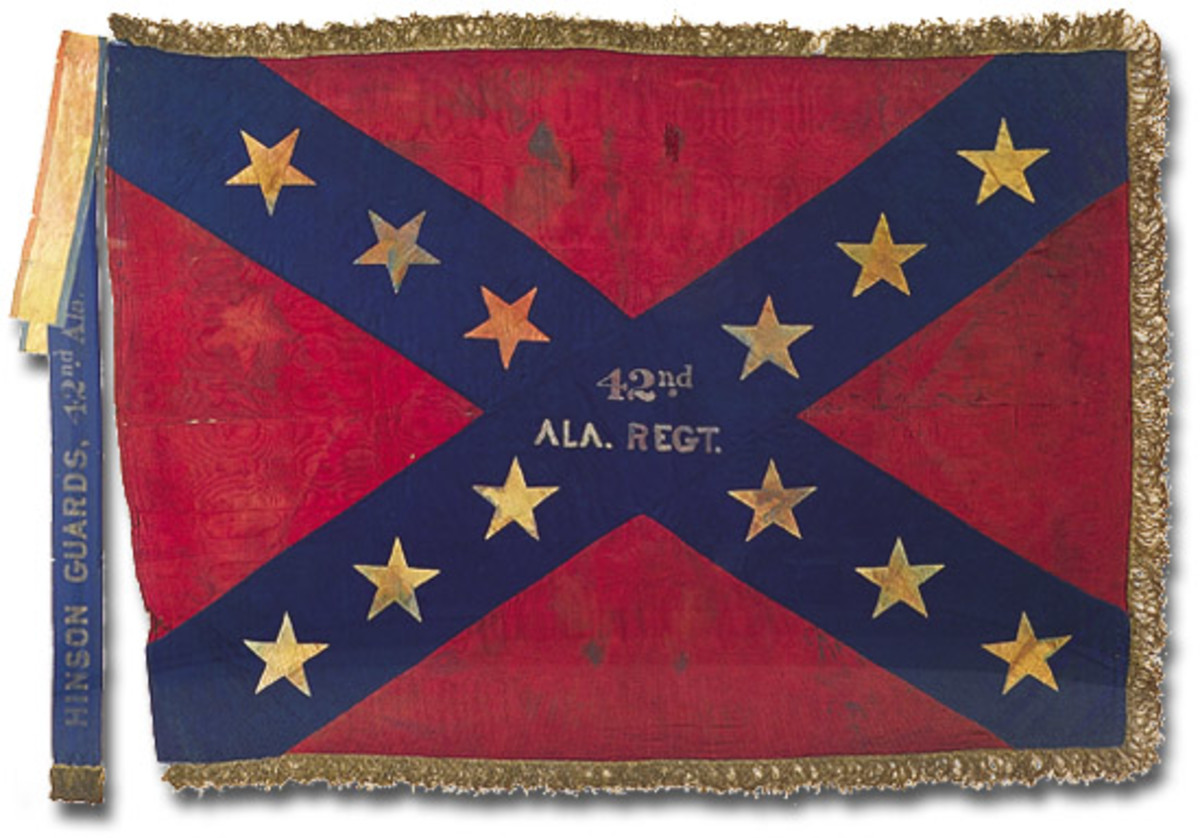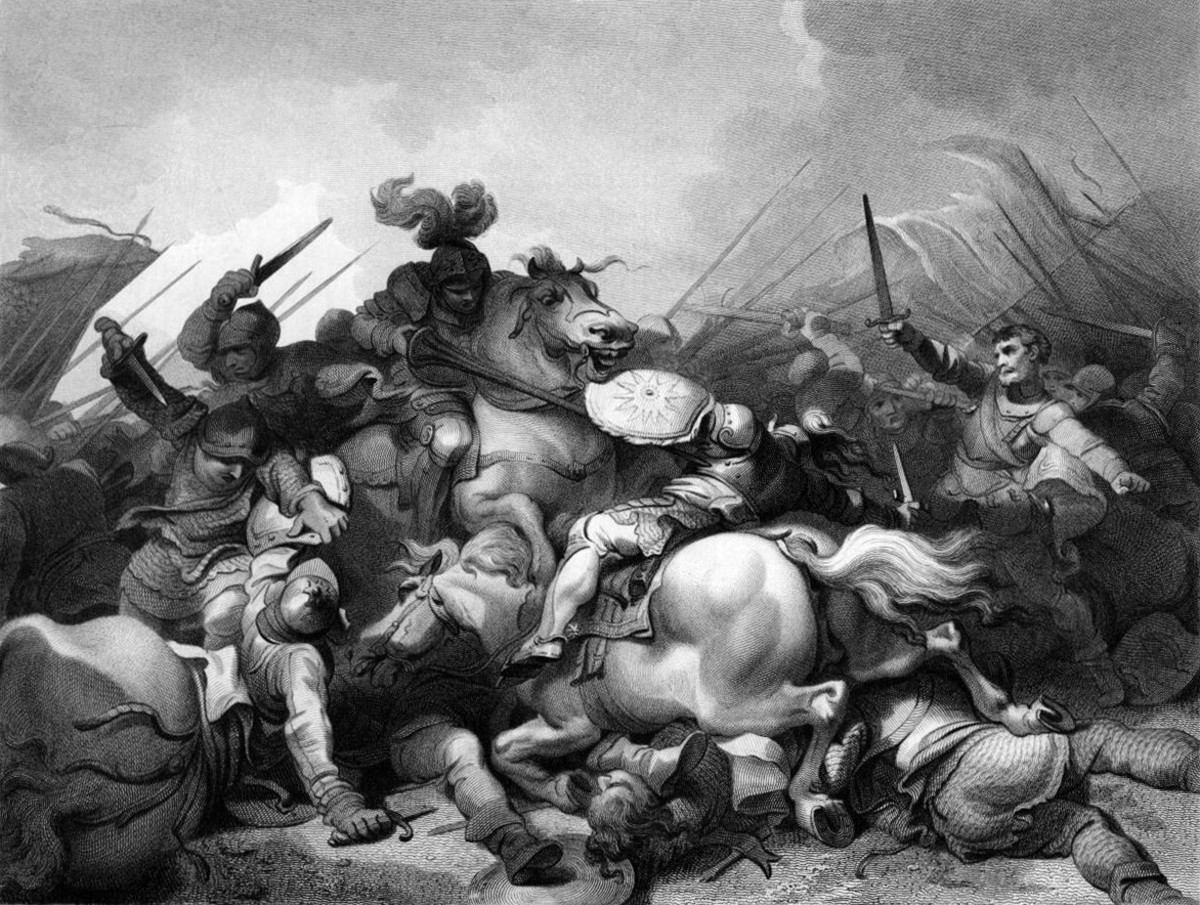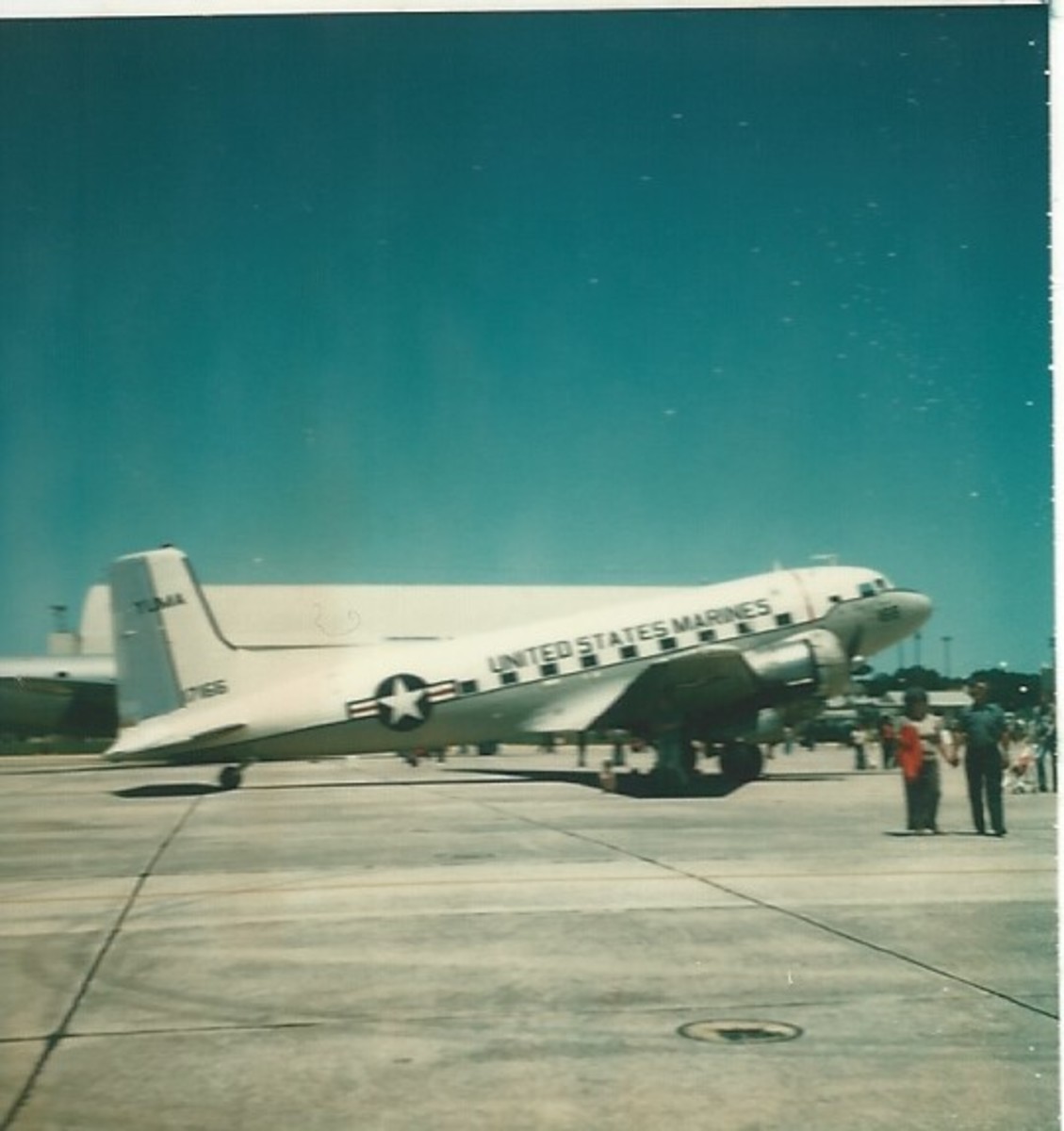Breakout from the Crimea: Wrangel's Offensive 1920
General Wrangel's Russian White Army offensive from their trapped environs of the Crimea was nothing more than astonishing. Wrangel and his 25,000 men were evacuated from Novorisisk in March 1920, later reforming and re-supplied by the British to carry on the White cause in the Russian Civil War. The Red 13th Army was responsible for Wrangel's containment, as well as the Communist’s attempt to break through to Sevastopol. In April, both sides tried in vain to achieve their goals.
Wrangel's forces were not numerically as strong as the 13th Army, but their morale as well as skillful use of tanks and aircraft returned the balance of power to their favor. By May 1920, Wrangel had up to 20 operational tanks and an equal number of DH9A bombers. Their tankers and pilots trained since March, and learned well the lessons taught by their British advisors in combined-arms tactics.
During the battle, both sides fought tenaciously, but it was the use of tanks and aircraft that tipped the scales. The DH9A bombers faced little Red air opposition and flew constant missions over the front. The tanks were massed into a hammering force for a breakthrough. All of these lessons were ignored by Wrangel's former superior, General Denikin, a year earlier. To supplement the attack, Wrangel also had divisions land along the Black Sea coast, which was weakly held. By June 12th, the Communist 13th Army lost 8000 men and was fleeing to the protection of the DnieprRiver. Wrangel, lost nearly the same amount and exploiting the White victory was not easy. The Reds counter-attacked a few days later and briefly retook Melitopol. Eventually, the Whites recaptured the city and the lines became static, with neither side having the strength to overcome the other.
However, like in all battles, time played against Wrangel as did space to defend. The area he seized boosted morale yet could not be held due to lack of men, so, the Red forces gathered resources until outnumbering the Whites by 2 or 3 to 1. Wrangel was forced back into his confines of the Crimea. This he awaited the final blow in the fall of 1920.

